There are over 93 million children living with disabilities worldwide according to UNICEF, but very few companies are making toys that represent these kids. Those of us able-bodied white folks never had a problem relating to Barbie or Polly Pocket or G.I. Joe. It's hard enough to find even an African-American doll among the aisles of "classic" toys, let alone one with a disability, a stark reality many children face.
That's where the Toy Like Me campaign stepped in, encouraging toy manufacturers to include disability representation in their products. It's hard to tell a child they belong when everything around them is telling them they're anything but normal. In response, toy companies are stepping up and starting to make toys of every ability.
1. American Girl
You probably had one, or at least begged for one for Christmas year after year. With a growing number of dolls each year, it only gets easier to find your perfect mini-me. American Girl has been a front-runner in creating dolls to represent anyone and everyone.
In January, they even came out with Logan, their first ever boy doll. What makes American Girl even cooler is the range and detail of accessories available. There are wheelchairs, crutches and service dogs, as well as a diabetes kit complete with an insulin pump, glucose tablets, and a blood sugar monitor, and an allergy-free lunch kit with a mini EpiPen.
2. LEGO
LEGO finally got on board by releasing their first ever LEGO figure in a wheelchair, but what made LEGO's new toy so notable, is that they didn't think it was notable at all. While this is Lego's first representation of a disability in a toy, there was no press release.
He doesn't come alone as a "special figure" or in a box set of other characters with disabilities. Nope. He was released in a city set, depicting characters in a park. There are picnic tables, a soccer net, a man on a bike, a hot dog vendor and a man in a wheelchair walking his dog. Just like any other day in the park.
3. Dolls For Downs
Dolls with Down Syndrome and other genetic, cognitive or intellectual disabilities have been controversial. Some people say the dolls are a welcome addition to an already established plethora of toys available and promote inclusivity for children living with Down Syndrome.
Others think the dolls pigeonhole all people with the disability and could be a source of ridicule by peers. Regardless, Dolls For Downs has been promoting a number of available dolls depicting the common features of Down Syndrome, helping children with Down Syndrome to feel included by the toys they play with.
4. Barbie
Barbie was one of the first to come out with a figure with a disability when they released Share a Smile Becky back in 1996. Becky was wildly popular when released, but unfortunately she missed the mark. While Barbie herself has come out with different races and cultures throughout the years, Mattel chose to not make a Barbie with a disability and instead made her Barbie's friend.
In addition, Becky was unable to use most Barbie accessories, including Barbie's dream house, which is what may have led to her ultimate demise and Mattel pulling her from the shelves after only a few years, though not before the release of Paralympic Champion Becky, who is depicted as competing in the 2000 Olympics is Sydney. Mattel has yet to make another Barbie character depicting a disability.
5. Lammily
Where Mattel stopped, Lammily picked up the slack. Lammily, the company that makes the "realistic Barbie," used a Kickstarter campaign to fund a wheelchair accessory. The wheelchair has adjustable legs making it easy to use with Lammily dolls, Barbie dolls, Disney Princess dolls and more.
6. Makies
UK-based Makies offers one of the largest varieties of options for toys. These 3D printed custom dolls include the options of hearing aids, walking canes or even facial birthmarks. The best part of Makies custom design is that customers can create exactly what they want, whether it's a specific birthmark or a service dog that looks just like theirs!




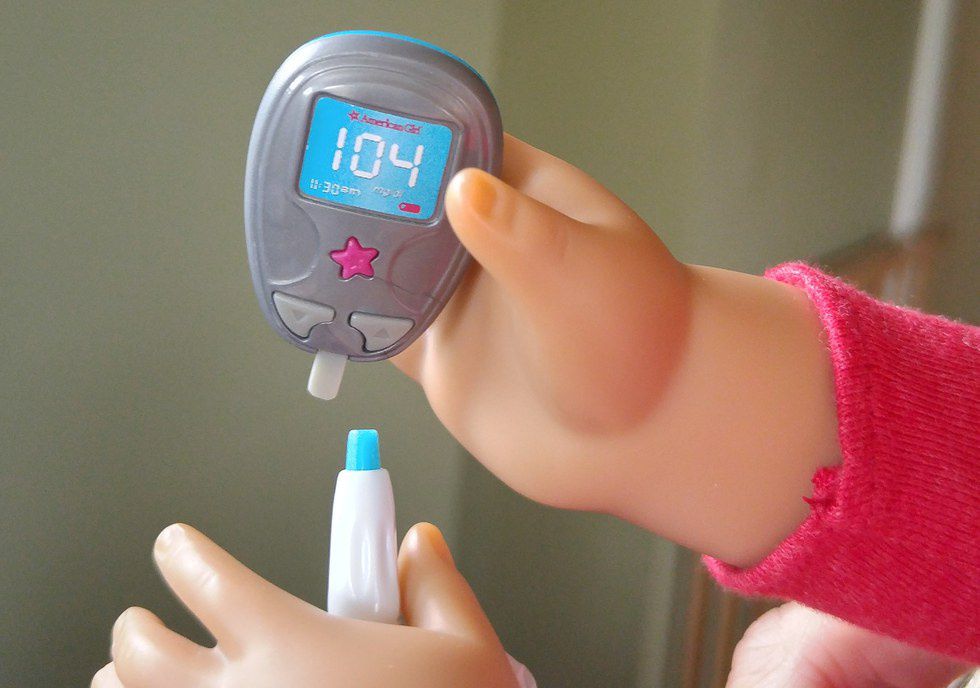
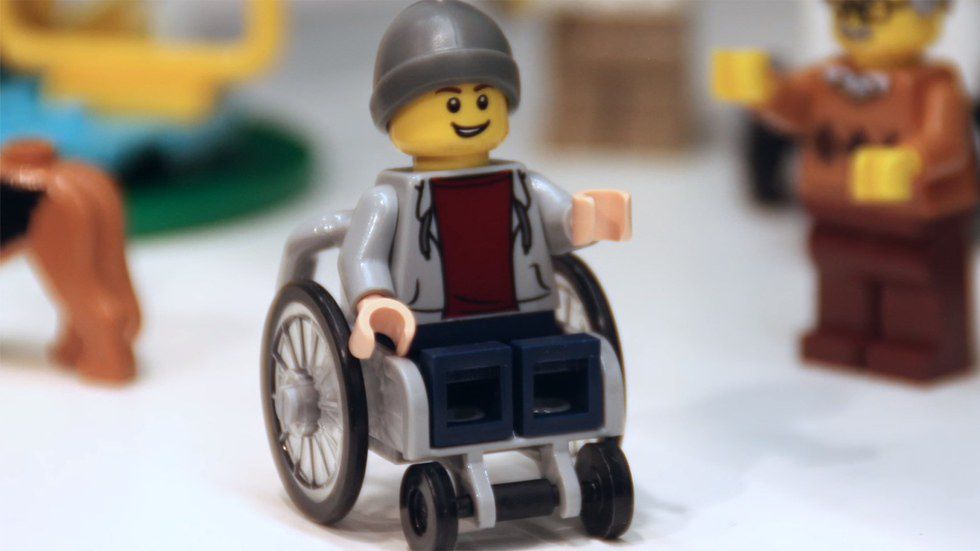
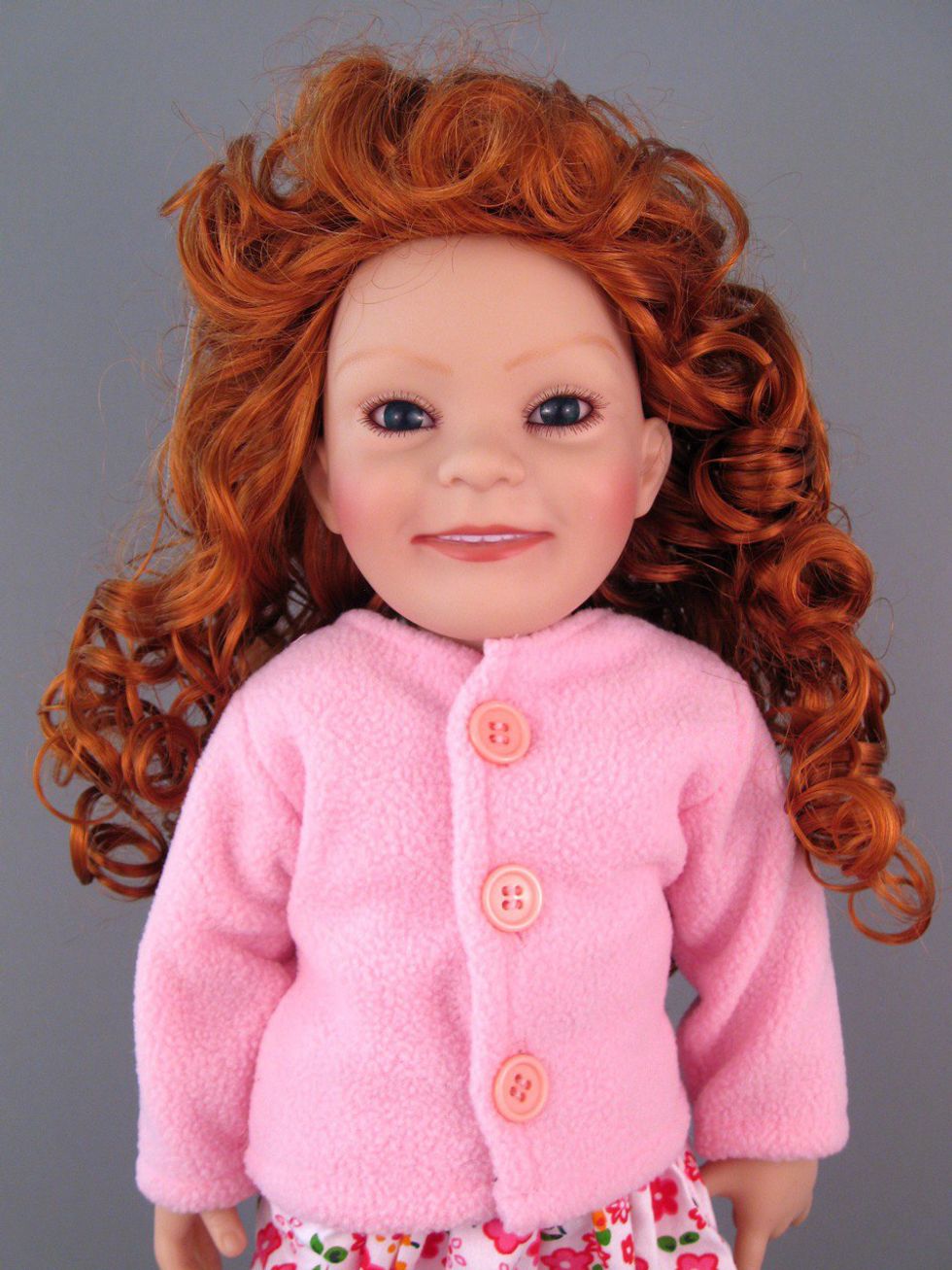
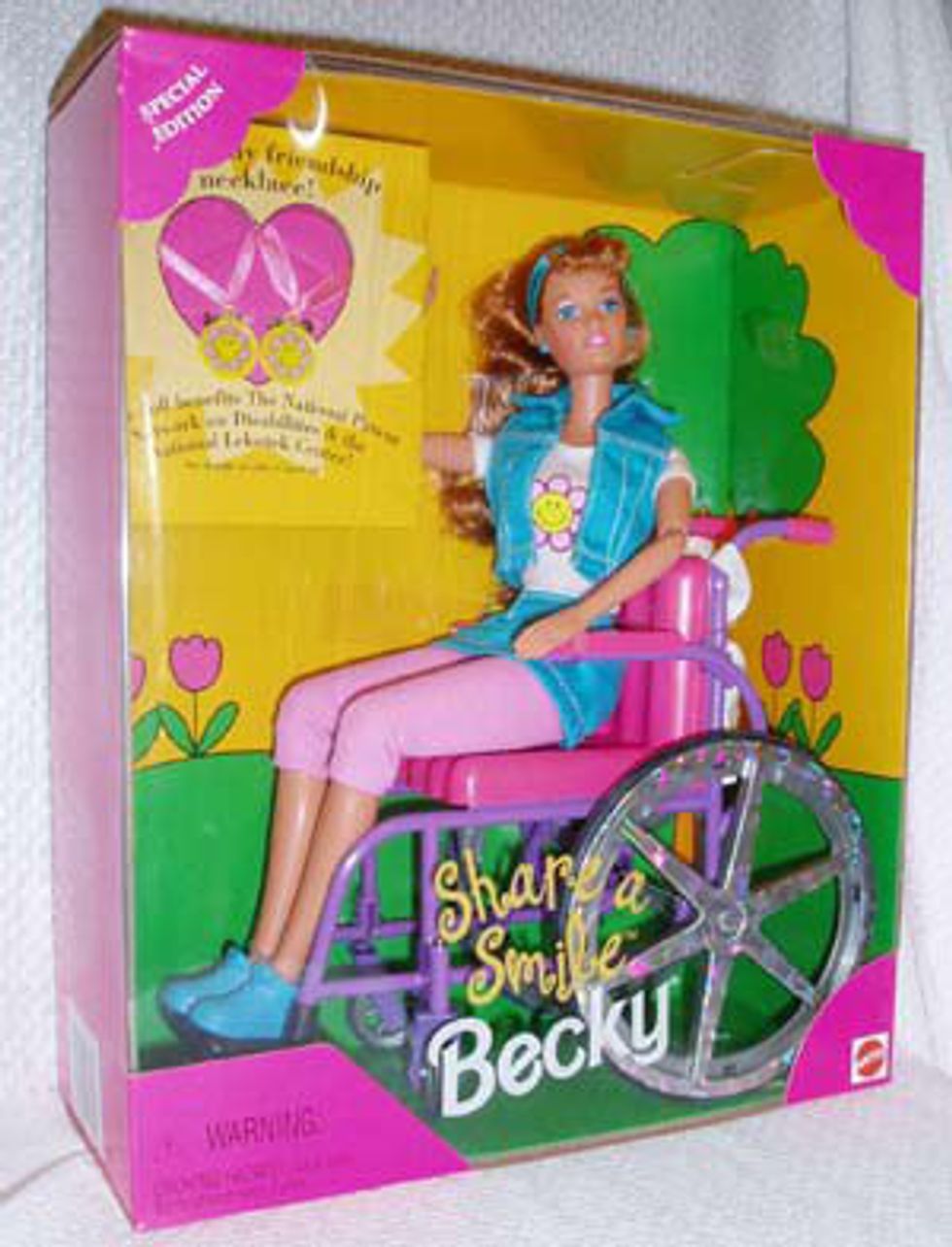
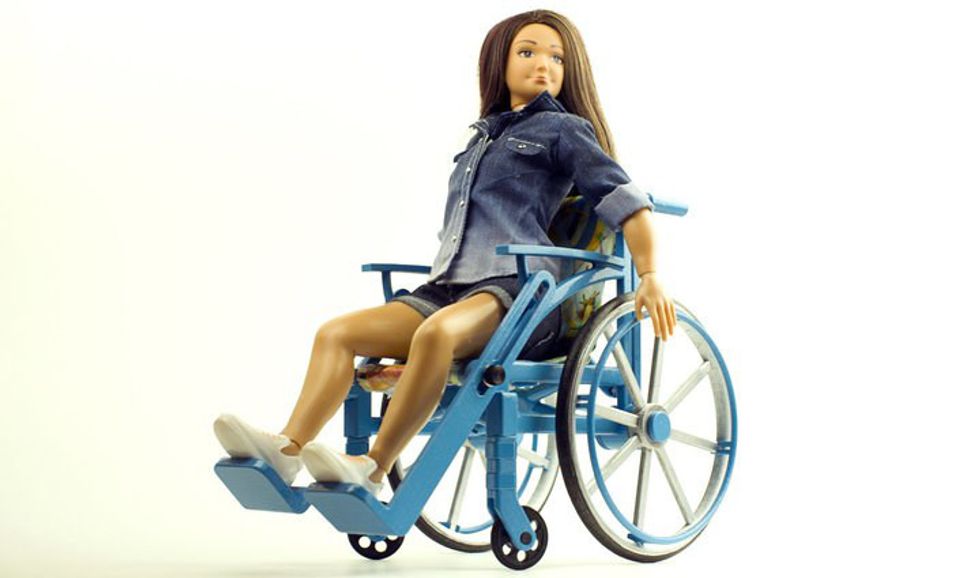
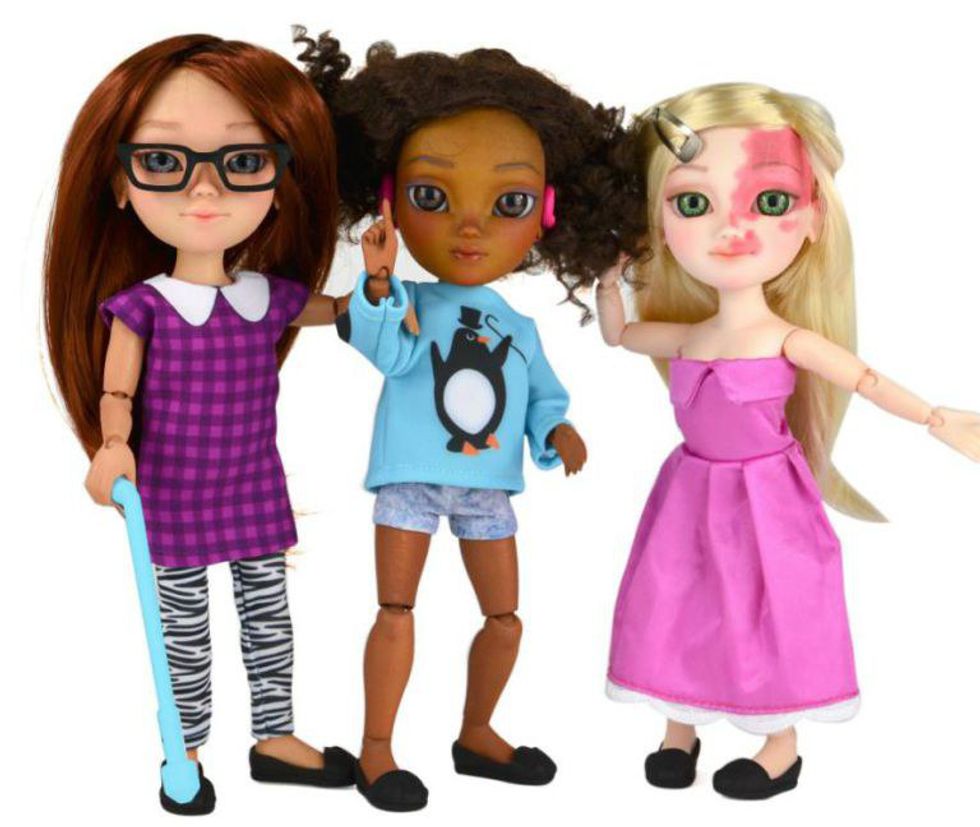


 man running in forestPhoto by
man running in forestPhoto by 


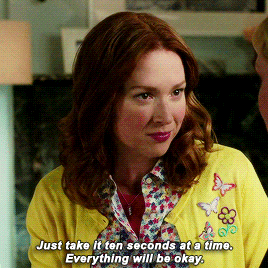


 "I thought you knew what you signed up for."
"I thought you knew what you signed up for." man and woman in bathtub
Photo by
man and woman in bathtub
Photo by  four women sitting on black steel bench during daytime
Photo by
four women sitting on black steel bench during daytime
Photo by  Uber app ready to ride on a smartphone.
Photo by
Uber app ready to ride on a smartphone.
Photo by  woman in red tank top and blue denim shorts standing beside woman in black tank top
Photo by
woman in red tank top and blue denim shorts standing beside woman in black tank top
Photo by 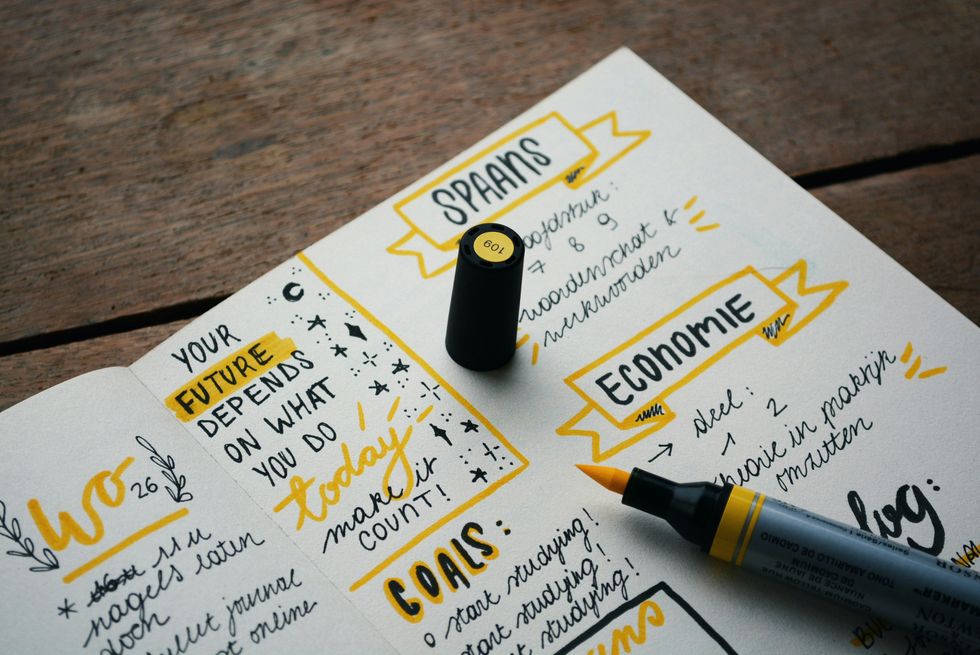 blue marker on white printer paper
Photo by
blue marker on white printer paper
Photo by  welcome signage on focus photography
Photo by
welcome signage on focus photography
Photo by  woman in white and black striped long sleeve shirt lying on bed
Photo by
woman in white and black striped long sleeve shirt lying on bed
Photo by  pink pig coin bank on brown wooden table
Photo by
pink pig coin bank on brown wooden table
Photo by  person holding iPhone 6 turned on
Photo by
person holding iPhone 6 turned on
Photo by  person holding pencil near laptop computer
Photo by
person holding pencil near laptop computer
Photo by  person slicing vegetable
Photo by
person slicing vegetable
Photo by 
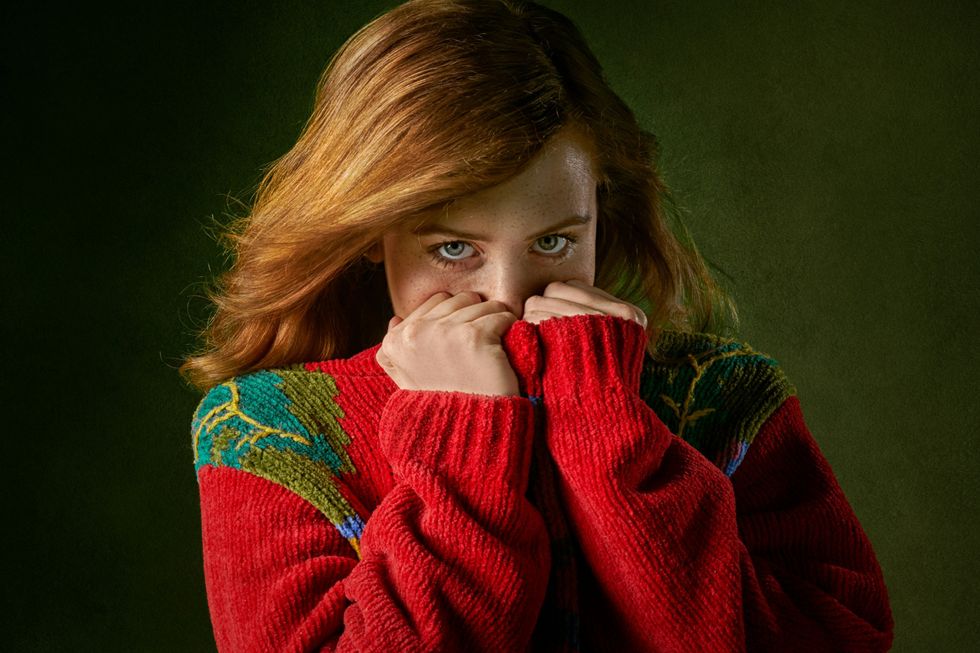 woman covering mouth with sweater
Photo by
woman covering mouth with sweater
Photo by  person holding remote pointing at TV
Photo by
person holding remote pointing at TV
Photo by  a woman with her arms raised in a crowd of people
Photo by
a woman with her arms raised in a crowd of people
Photo by  "Shocked disbelief: '95% of the population is undateable?'"
"Shocked disbelief: '95% of the population is undateable?'"








